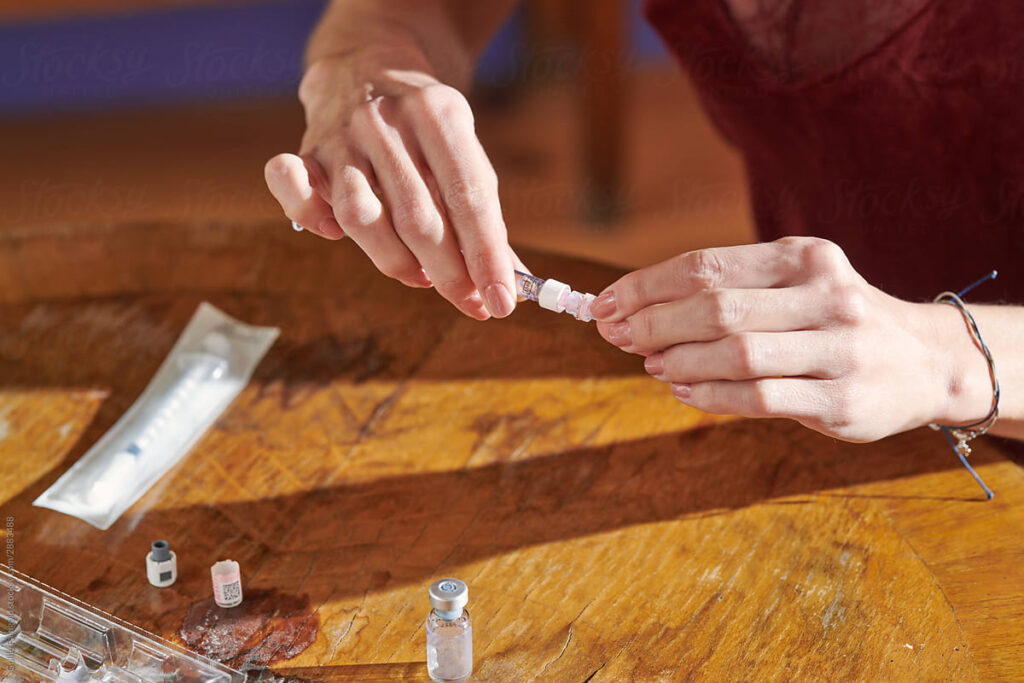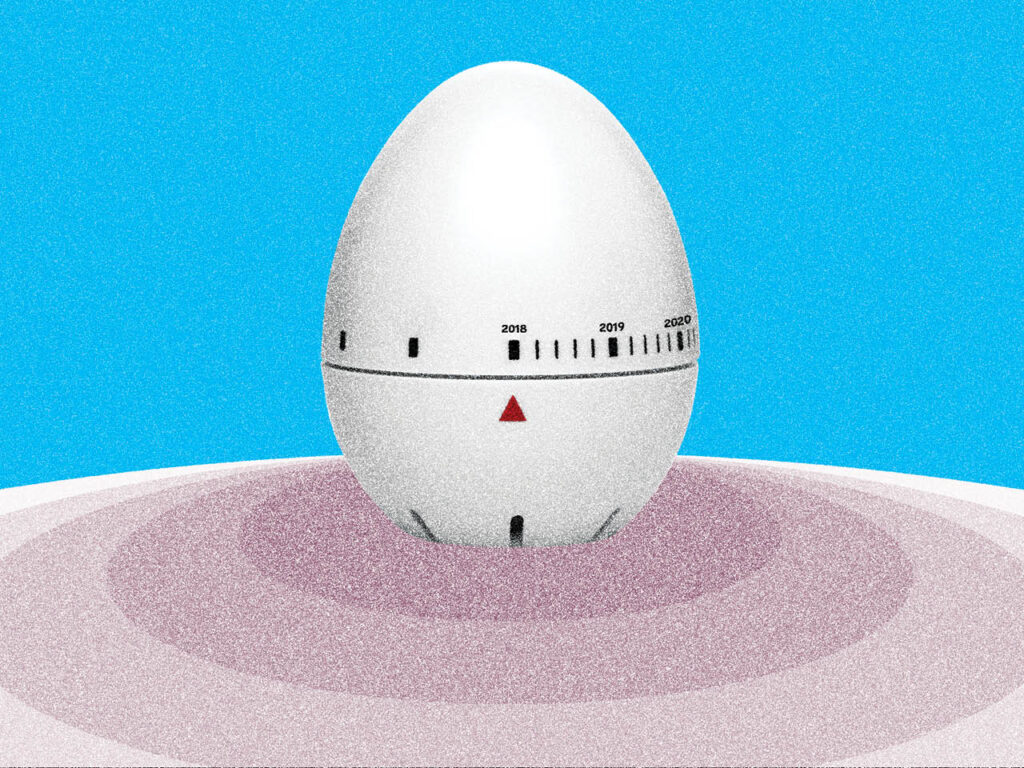There are many ways to treat infertility and conceive. The most common is the use of fertility drugs.

Fertility drugs can treat many infertility cases once diagnosed and can increase the chances of getting pregnant and carrying the baby to term.
It is important you meet a doctor to prescribe these drugs. During diagnosis, the doctor will know the exact drugs to administer because these drugs treat specific problems. According to the center for diseases and control prevention (CDC), about 12% of women between the age of 15-44 in the United States have trouble conceiving.
Infertility is described after a woman has been trying to conceive for more than 12 months.
The problem can arise in both men and women, that is why both couples are advised to see the doctor during counseling.
For women, over 35 years, the doctors advice taking infertility treatments after trying to conceive for 6 months.
The fertility drugs commonly prescribed include the following;
Metformin, Dopamine agonists, Clomiphene, Letrezole and Gonadotropins.
These drugs act by stimulating the activities in the ovaries which will cause ovulation to take place.
When these drugs fail and the doctors cannot find the cause of the infertility, it is termed medically as unexplained infertility and this occurs in about 10% of infertility cases.
When this happens, the doctors would recommend artificial insemination.
This is known as intra-uterine insemination (IUI) which involves the insertion of sperm directly into the uterus around the time of ovulation.
This process can increase the chances of conceiving if there was an issue with the quality and mobility of the sperm or issues with mucus in the cervix.
There’s another treatment known as In Vitro Fertilization (IVF) where the doctor will get an egg from the female partner and fertilize them with sperm gotten from the male partner in a petri-dish. When it grows into an embryo, then the doctor will implant them in the woman’s uterus.
When treating infertility, the doctor may recommend taking ovulation and hormonal birth control temporarily to help regulate the menstrual cycle.
DIAGNOSIS

There are various ways the doctor can diagnose infertility. These include blood work, imaging tests of the uterus and fallopian tubes and ovulation tests. They can also watch the woman over a period of one month, checking her basal body temperature.
TREATMENT

After diagnosis, the doctor will determine what drugs the woman needs to take if it requires drugs.
If drugs isn’t recommended, then the doctor might recommend In Vitro Insemination or Intra-Uterine Insemination.
If the first treatment doesn’t work, the doctor may recommend another drug, treatment cycle, more testing or a different treatment.
SIDE EFFECTS OF TAKING FERTILITY DRUGS.

Many women may complain of side effects from fertility drugs and this is caused largely from drugs that contain hormones.
The side effects include;
- Mood swings
- Nausea and vomiting
- Depression and anxiety
- Headaches
- Cramps
- Multiple births
- Breast tenderness
- Some studies conclude that these drugs increase the risk of ovarian cancers.
Click here to see how you can boost your sperm count.
CONCLUSION
Trying to get pregnant can be really stressful especially when infertility is involved. Many women go through fertility treatments to be able to conceive.
These treatments can be in the form of drugs or can be imaging to ascertain if the cause is in the fallopian tube or problems in the uterus or mucus. Many other times, there is no explanation to the cause of infertility.
This will result in the doctor trying out the IVF or IUF methods.
Lastly, there are many side effects that may arise from the use of this fertility drugs.
Do well to discuss with your doctor to get the right treatment for you.